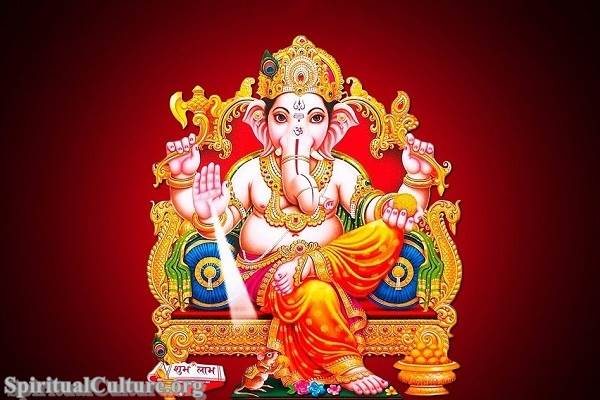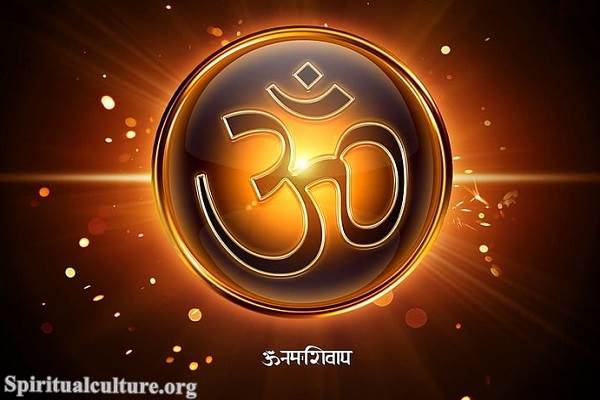Hinduism, one of the world’s oldest religions, is rich in mythology and symbolism. Among the pantheon of its deities, one figure stands out for his unique form and profound significance – the Ganesha God.
This article aims to delve into the meaning of Ganesha God in Hinduism, exploring his symbolism, mythology, and associated rituals.
Ganesha God: An Overview
Ganesha, the elephant-headed god, is a prominent deity in Hinduism. He is the son of Lord Shiva and Goddess Parvati and is known as the Lord of Beginnings, the Remover of Obstacles, and the Patron of Arts and Sciences. Ganesha’s unique form, with an elephant head and a human body, is symbolic of wisdom, understanding, and a discriminating intellect that one must possess to attain perfection in life.

Ganesha God.
The Symbolism of Ganesha God
Every aspect of Ganesha’s form carries profound symbolism. His elephant head represents Atman (the soul), which is the ultimate supreme reality of human existence, and his human body signifies Maya (the earthly existence of human beings). The elephant head denotes wisdom, and its trunk represents Om, the sound symbol of cosmic reality.
Ganesha’s large ears remind him to listen more and absorb more wisdom, while his small eyes symbolize concentration. His large belly represents the ability to digest all the good and bad in life peacefully. Ganesha’s four hands hold different items, each carrying its own significance. The lotus in one hand symbolizes enlightenment, the axe in another symbolizes the cut-off from worldly attachments, the laddus (sweet balls) represents the rewards of a wise life, and the broken tusk symbolizes sacrifice.
Ganesha God in Hindu Mythology
In Hindu mythology, the birth of Ganesha is a story filled with intrigue and divine intervention. According to the most popular version, Goddess Parvati created Ganesha out of turmeric paste to guard her while she was bathing. When Lord Shiva tried to enter, Ganesha, not recognizing him, denied him entry. Enraged, Shiva beheaded Ganesha. When Parvati learned of this, she was devastated. To soothe her, Shiva promised to bring Ganesha back to life by replacing his head with the first creature he encountered, which happened to be an elephant.
Rituals and Festivals Associated with Ganesha God
Ganesha is worshipped widely by Hindus around the world. He is invoked at the beginning of any new venture, be it starting a business, buying a new home, or even writing a book, as he is considered the remover of obstacles.
The most significant festival associated with Ganesha is Ganesh Chaturthi, a ten-day festival celebrated with great fervor, especially in the Indian state of Maharashtra. During this festival, clay idols of Ganesha are installed in homes or public pandals (temporary shrines) and worshipped with prayers, music, and dance. On the last day, the idols are taken in a grand procession and immersed in a body of water, symbolizing Ganesha’s journey towards his abode, taking away with him the misfortunes of his devotees.
Conclusion
Ganesha God holds a unique and significant place in Hinduism. His symbolism teaches us the virtues of wisdom, understanding, and discernment. His mythology is a testament to the divine play of the gods, and the rituals and festivals associated with him bring together communities in joyous celebration. In his elephant-headed glory, Ganesha continues to guide his devotees on the path of knowledge, prosperity, and happiness.

